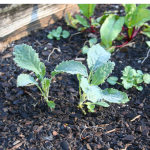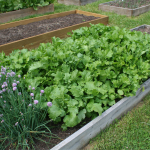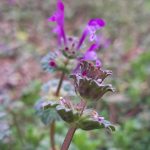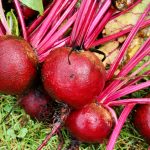When it comes to herbal medicine, there is no one right way to become an herbalist. There is no national license or certification for herbal medicine.
The old-fashioned tradition continues of finding a teacher, mentor, or school that aligns with your personal beliefs and philosophies to learn how to become an herbalist.
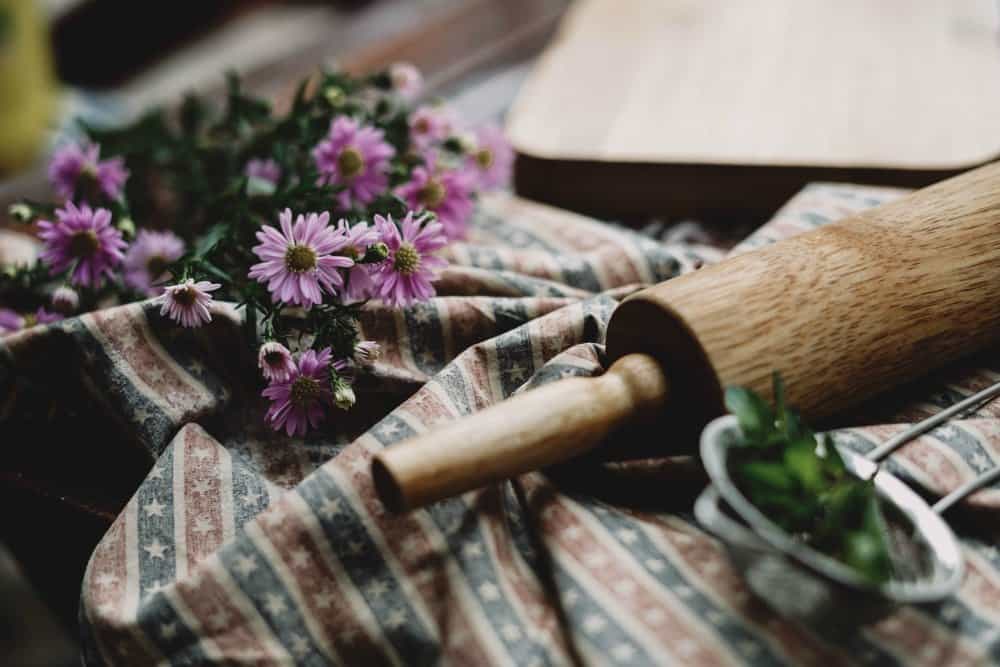
Herbal Medicine: Finding a Teacher
Finding a teacher to learn herbal medicine can be tricky. First, who do you go to for information? How do you find someone who is authentic and knowledgeable? And how do you know that their values and beliefs align with your own?
I am Roman Catholic. As a Christian and a Catholic, it is very important to me to avoid any dabbling in the occult. I don’t even like it when herbal teachers claim to be ‘green witches’ or thank the goddess or mother earth for the plants.
That’s why I started the Christian Herbalists of Home Garden Joy group on Facebook, so that Christians interested in healing with plants, herbs, and plant-based diets could have a place to go without worry of posts that would conflict with their beliefs.
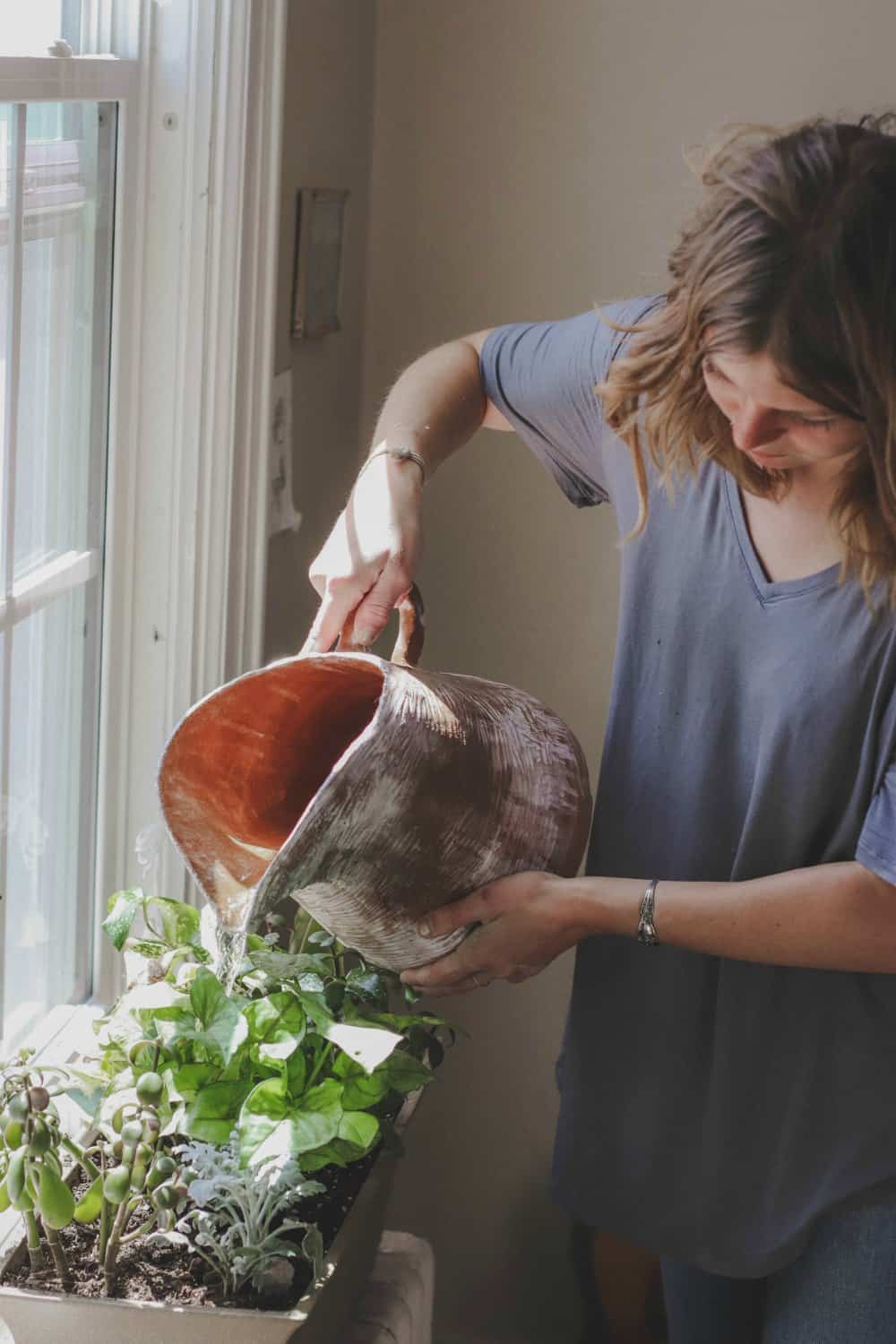
But there’s going to be a time in your life when Facebook groups aren’t enough for your thirst for knowledge. The more you learn about herbs, the more you want to learn.
The Good News About Learning Herbalism
- There is no right or wrong way to learn about herbs.
- There is no licensing process for herbalists, although you cannot practice medicine, diagnose or treat people without a medical license.
- Many herbal guides and informational resources are available low cost or free.
- There are also many online teachers, courses, and schools available.
The Bad News About Learning Herbal Medicine
Now the bad news about learning herbal medicine:
- There is no agreement on what constitutes the best method of herbalism, so you’ll be exposed to many different philosophies and schools of thought. This is good and bad. On the good side of the argument is that you’ll be able to pick and choose from a wealth of information to find what fits you best. On the negative side, sometimes that makes an ineffective philosophy.
- Some herbal teachers are better than others. Some are downright abuse. Some are just plain crazy. Others won’t fit your personal life philosophy, religious beliefs, or other issues. It’s vital to do your homework and look up not just the herbalist’s credentials but also read their writing for a while.
- Decide for yourself what you want to focus on. Do you want to grow herbs, use them for your own health and well being, or use them for a specific concern? That may lead you to a different type of teacher.
Herbal Medicine – Art and Science
There is an art to herbal medicine as well as science. Herbalists have been throughout the ages more artists than scientists. Many practice based on observation, trial and error.
Newer science that identifies specific compounds found within herbs to address certain issues may appeal to you. Such a scientific approach is also within the bounds of herbalism.
Defining herbalism can be difficult, and hence, it can be difficult to find a school or teacher. There is a broad range of practices from the ‘wise woman’ tradition, which uses healing plants and simples to build wellness, to the ‘heroic’ or ‘scientific’ tradition which treats herbs like medicines to be put into capsules or pills and formulated for specific ailments.
Neither approach is right or wrong; both have their place in the world of herbalism. It is up to you to find what fits and feels right for your needs.

